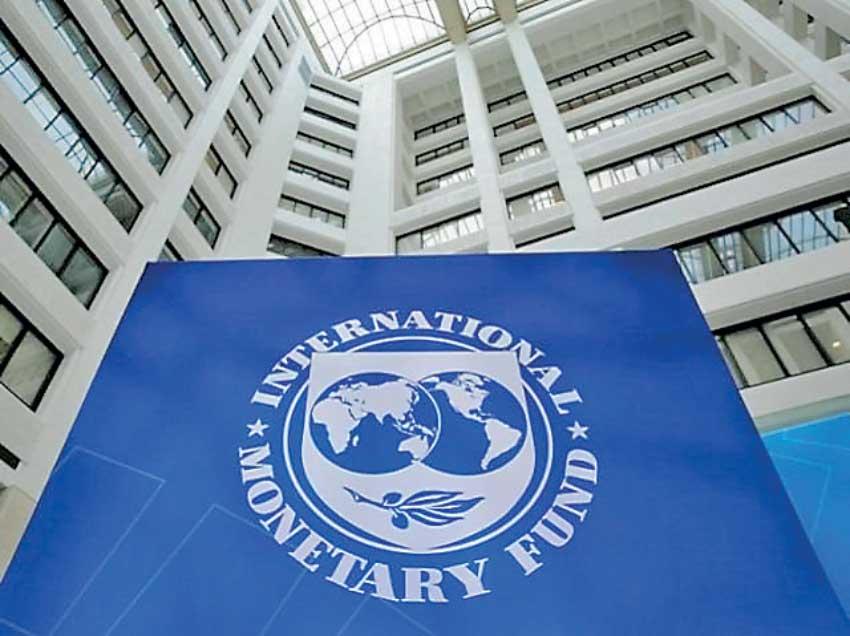Reply To:
Name - Reply Comment

The International Monetary Fund (IMF) said Sri Lanka must raise interest rates and taxes, gradually float the exchange rate, market price utilities and reform unproductive State enterprises to reduce debt burden, rebuild reserves to come out of the prevailing economic mess that it has dug itself into.
Concluding its annual Article IV consultations, a customary practice by the Fund to assess the economic health of its member countries, the Executive Board of IMF, while commending the measures deployed by authorities to keep the pandemic at bay, including its successful vaccination rollout, highlighted multiple risks facing the Sri Lankan economy.
“Despite the ongoing economic recovery, Directors noted that the country faces mounting challenges, including public debt that has risen to unsustainable levels, low international reserves, and persistently large financing needs in the coming years,”an IMF statement released on Wednesday said.
The multilateral lender recommended that the government returning to ambitious yet credible fiscal consolidation path, “based on high-quality revenue measures,” and advocated a tighter monetary policy stance to contain the rising inflationary pressures, which are eating into people’s real incomes.
The bets are at an all-time high for the Central Bank to deliver another 50-100 basis point hike in its key policy rates today to tamp down the inflation and also to address external sector woes, which have already gone out of control.
On the fiscal front, the Directors at the IMF saw scope for raising income tax rate and Value Added Tax rate while minimising exemptions, complemented with reforms to revenue administrations.
The current administration was faulted for its sweeping tax cuts delivered in 2019 to provide fiscal stimulus to the businesses and the people who have been harshly battered by higher taxes in the preceding four years from the revenue reforms and the new tax law brought in by the then government under the advice of the IMF in 2017.
“Directors encouraged continued improvements to expenditure rationalisation, budget formulation and execution, and the fiscal rule,” the statement said nudging the government for simultaneous expenditure side reset.
“They also encouraged the authorities to reform State-owned enterprises and adopt cost-recovery energy pricing,” the statement added. On the monetary policy front the Directors agreed that a tighter monetary policy stance is needed to contain rising inflationary pressures, while phasing out the Central Bank’s direct financing of budget deficits”.
Meanwhile, the Directors also recommended a gradual return to a market-determined and flexible exchange rate to facilitate external adjustment and rebuild international reserves. Directors called on the authorities to gradually unwind capital flow management measures as conditions permit”.
While IMF welcomed the policy actions that helped mitigate the financial sector impact from the pandemic, it recommended close monitoring of underlying asset quality and identifying vulnerabilities through stress testing.
The Directors welcomed ongoing legislative reforms to strengthen the regulatory, supervisory, and resolution frameworks.